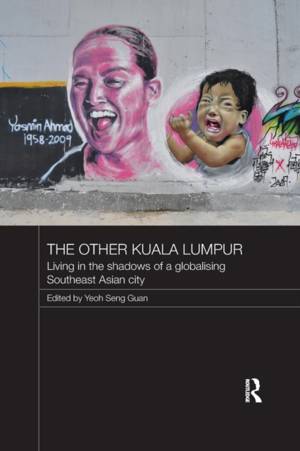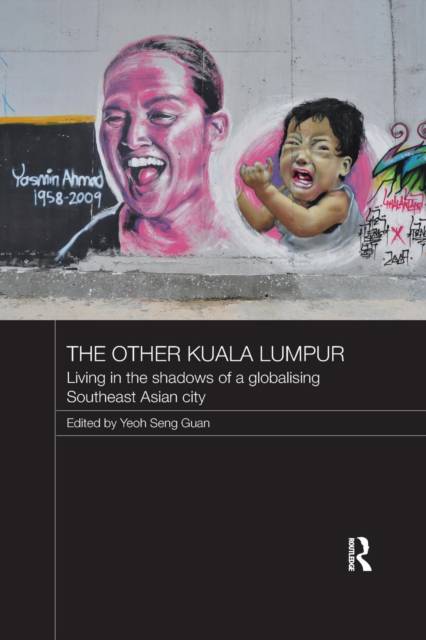
- Retrait gratuit dans votre magasin Club
- 7.000.000 titres dans notre catalogue
- Payer en toute sécurité
- Toujours un magasin près de chez vous
- Retrait gratuit dans votre magasin Club
- 7.000.0000 titres dans notre catalogue
- Payer en toute sécurité
- Toujours un magasin près de chez vous
The Other Kuala Lumpur
Living in the Shadows of a Globalising Southeast Asian City
Description
Kuala Lumpur, like many southeast Asian cities, has changed very significantly in recent decades - expanding its size, 'modernising' and 'globalising'. For many people these changes represent 'progress'. This book, however, focuses on the more marginalised sections of society, especially those people whose lives have been adversely affected by recent changes. It considers how the everyday lives of the marginalised in society have been affected by recent changes, showing how urban renewal, the law and Malay nationalism and Islamicisation often work against many of these marginal groups, and examining how they struggle to survive.
Spécifications
Parties prenantes
- Editeur:
Contenu
- Nombre de pages :
- 224
- Langue:
- Anglais
- Collection :
Caractéristiques
- EAN:
- 9781138205925
- Date de parution :
- 20-07-16
- Format:
- Livre broché
- Format numérique:
- Trade paperback (VS)
- Dimensions :
- 156 mm x 234 mm
- Poids :
- 340 g

Les avis
Nous publions uniquement les avis qui respectent les conditions requises. Consultez nos conditions pour les avis.





